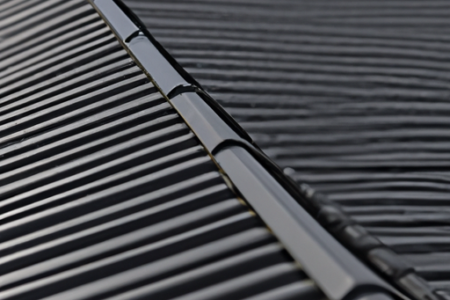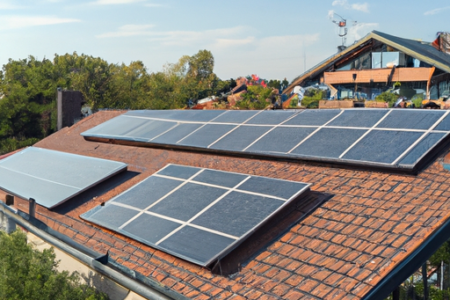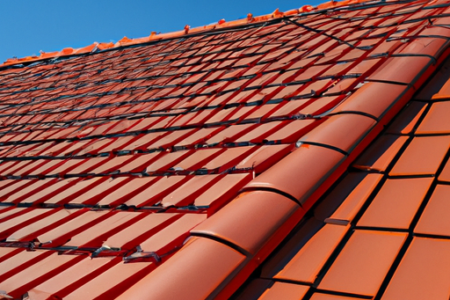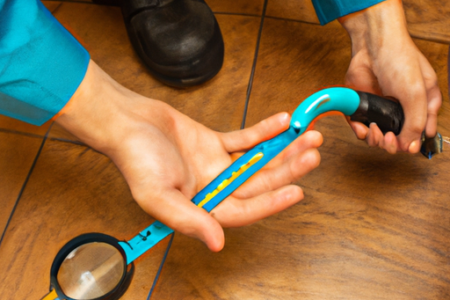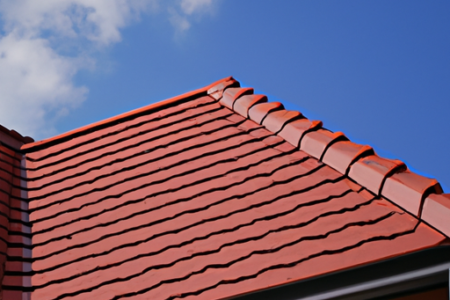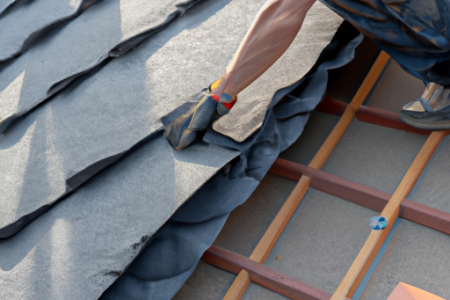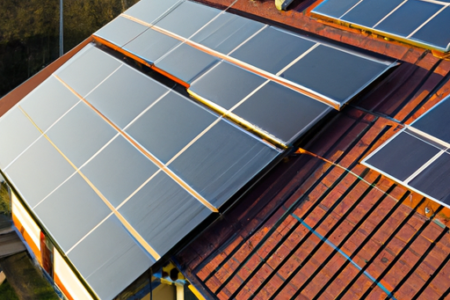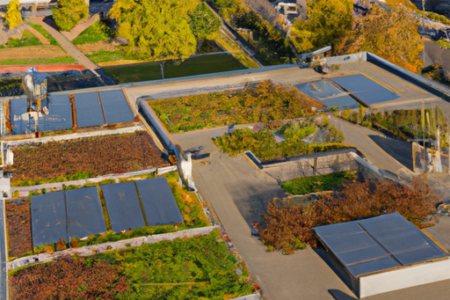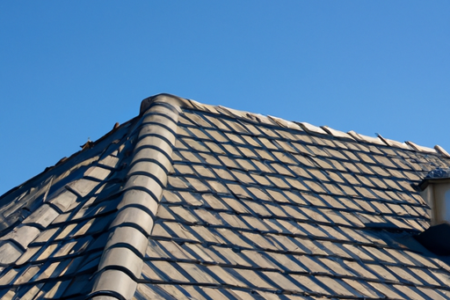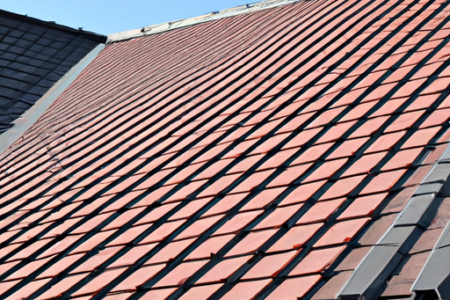metal roofs have their pros and cons. On the positive side, metal roofs are highly durable, able to withstand extreme weather conditions and resist fire, rot, and insects. They also have a long lifespan, with many lasting 40 to 70 years. Metal roofs are energy efficient, reflecting heat and reducing the need for air conditioning, and they are environmentally friendly, often made from recycled materials. Additionally, they offer versatility in terms of style and design. However, metal roofs do have disadvantages, including a higher initial cost, potential noise during storms, susceptibility to denting, and expansion and contraction with temperature changes. Despite these drawbacks, homeowners can weigh the benefits and drawbacks to determine if metal roofing is the right choice for their homes.
